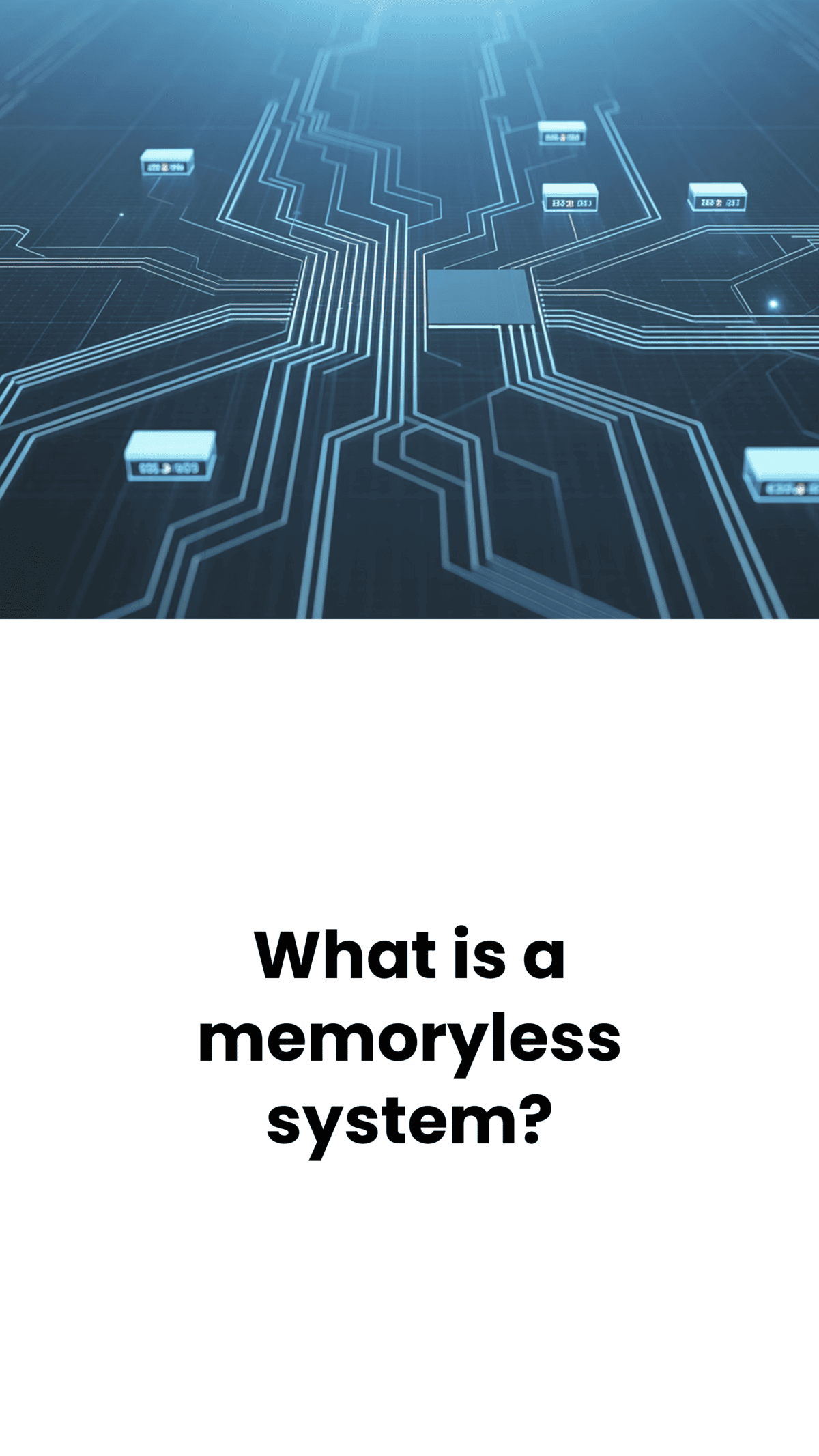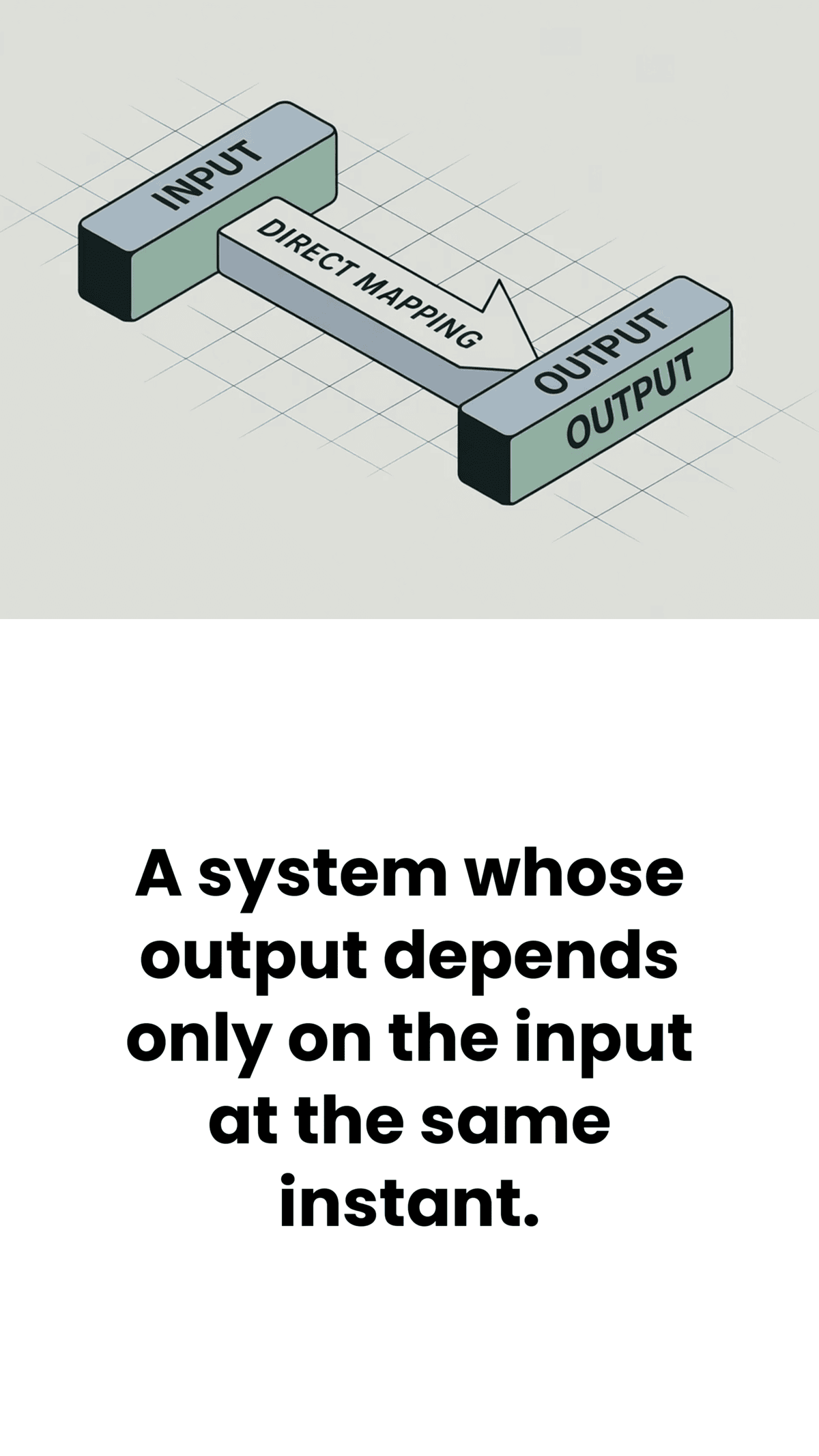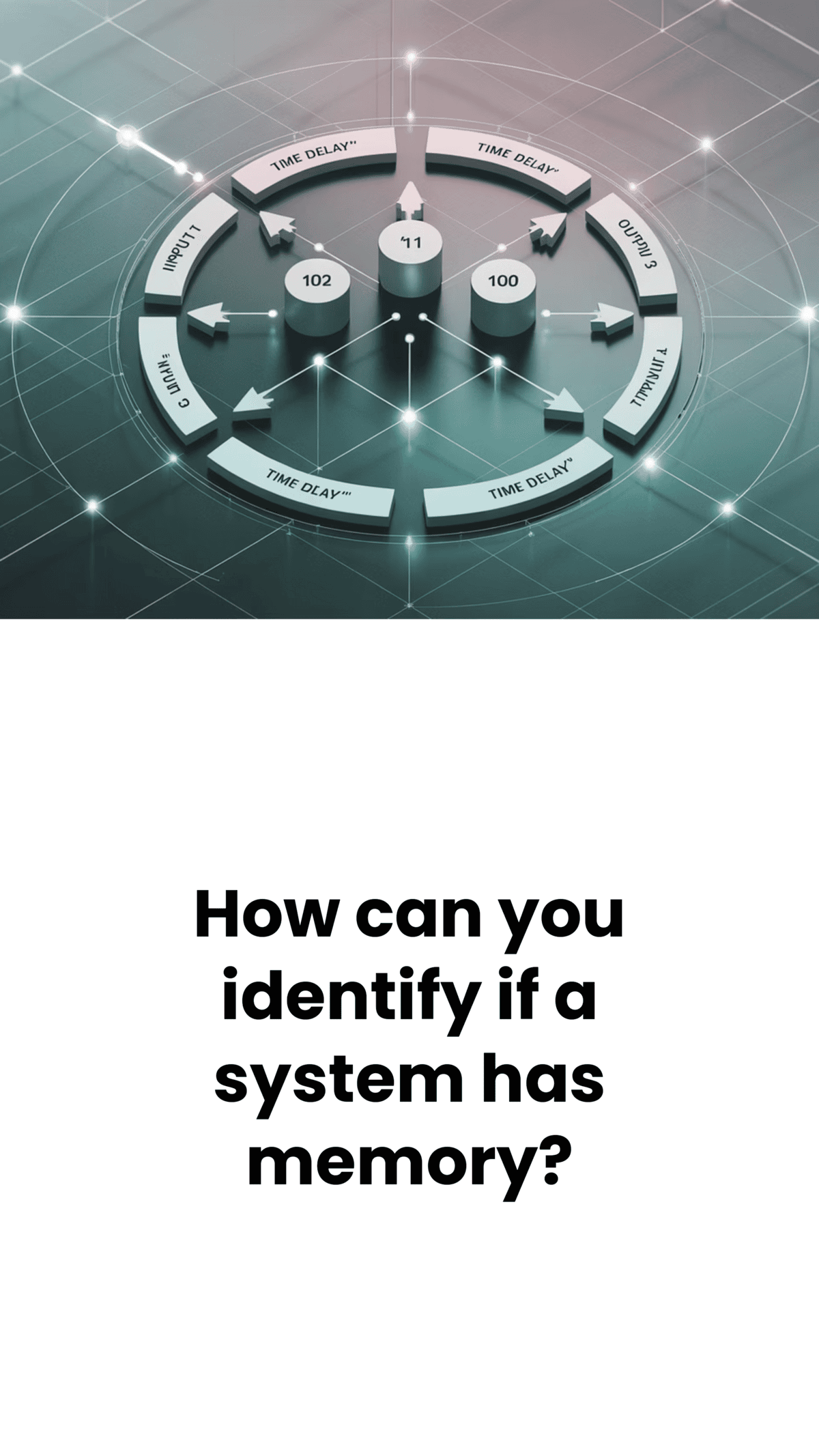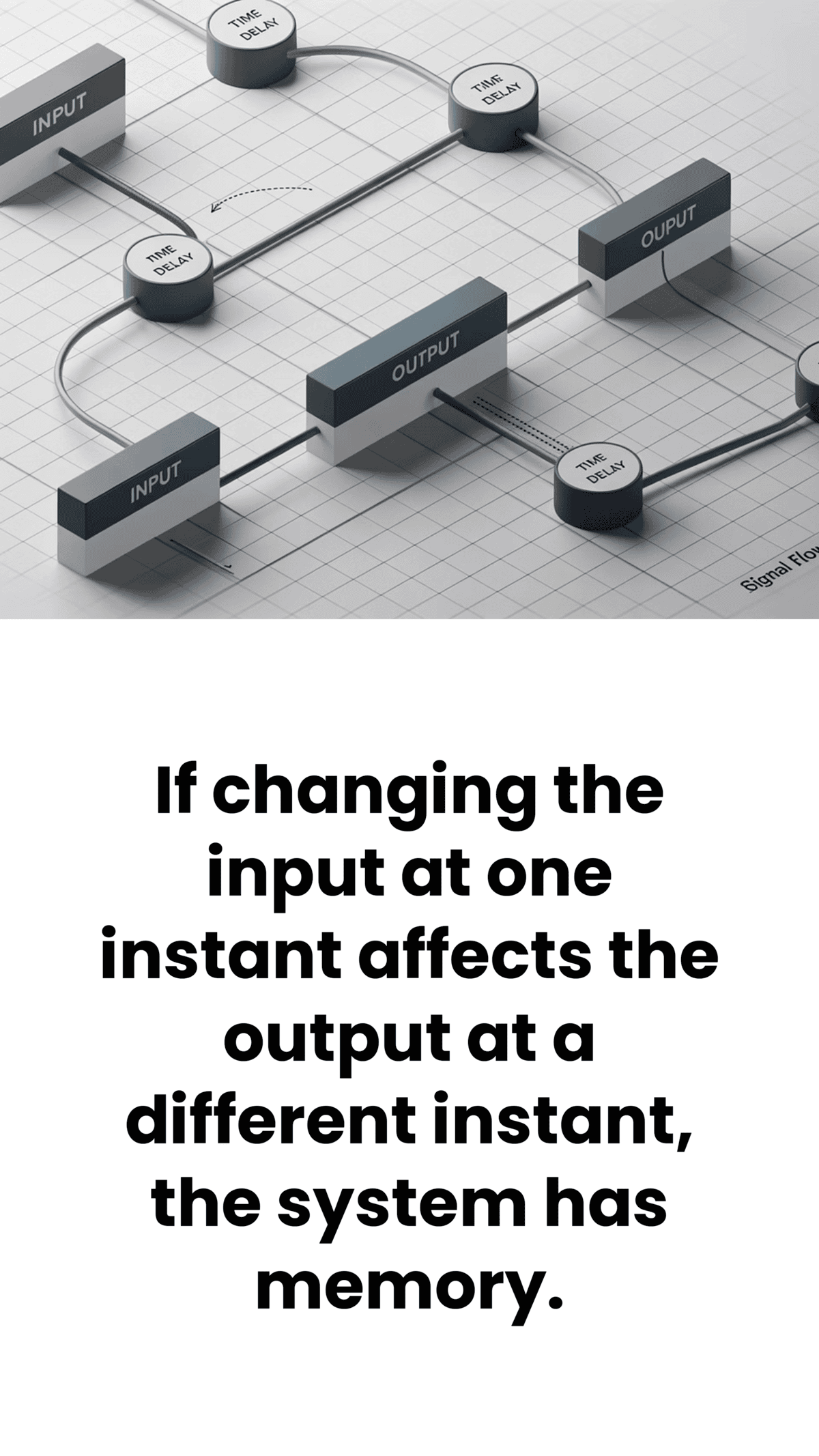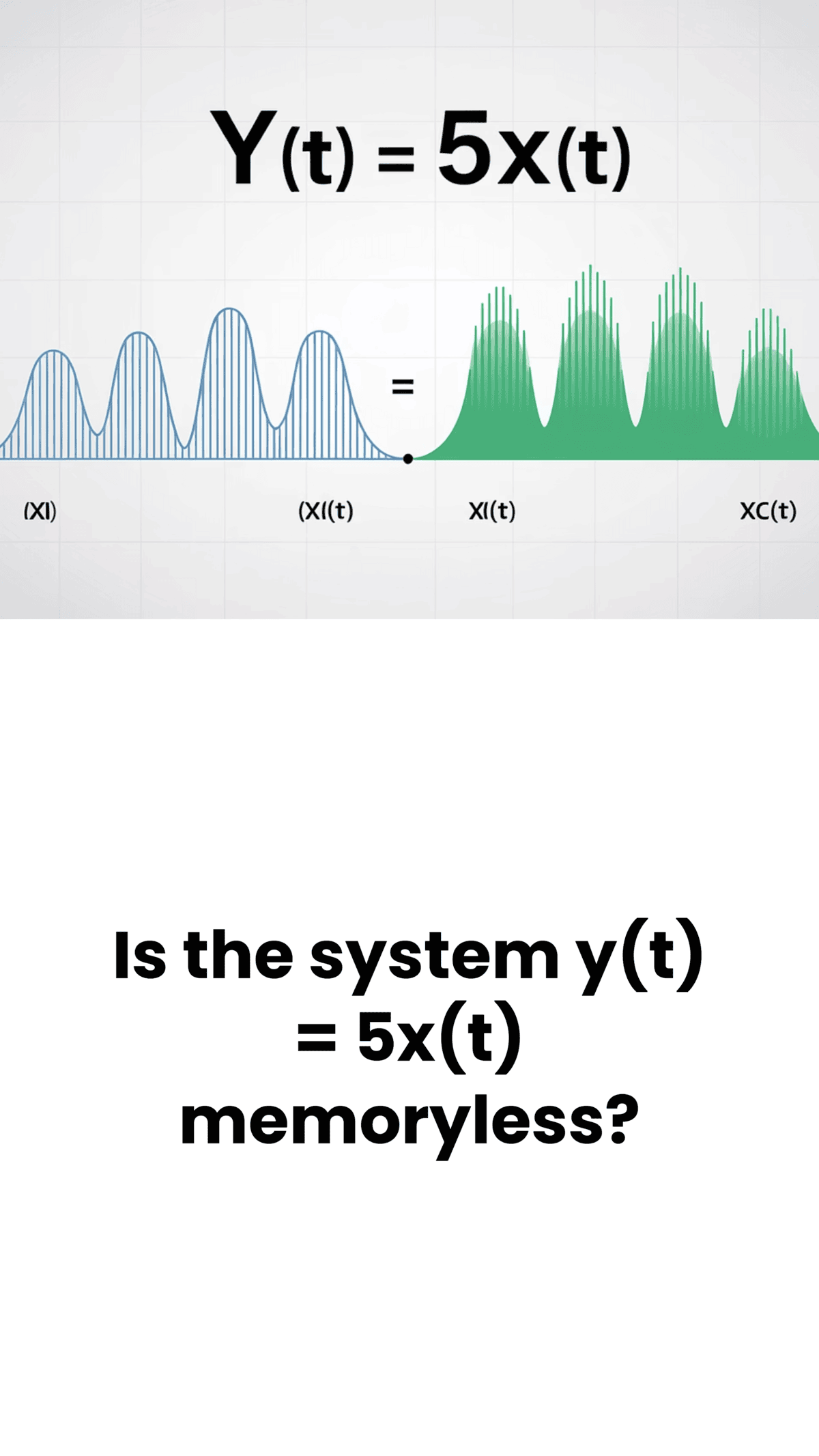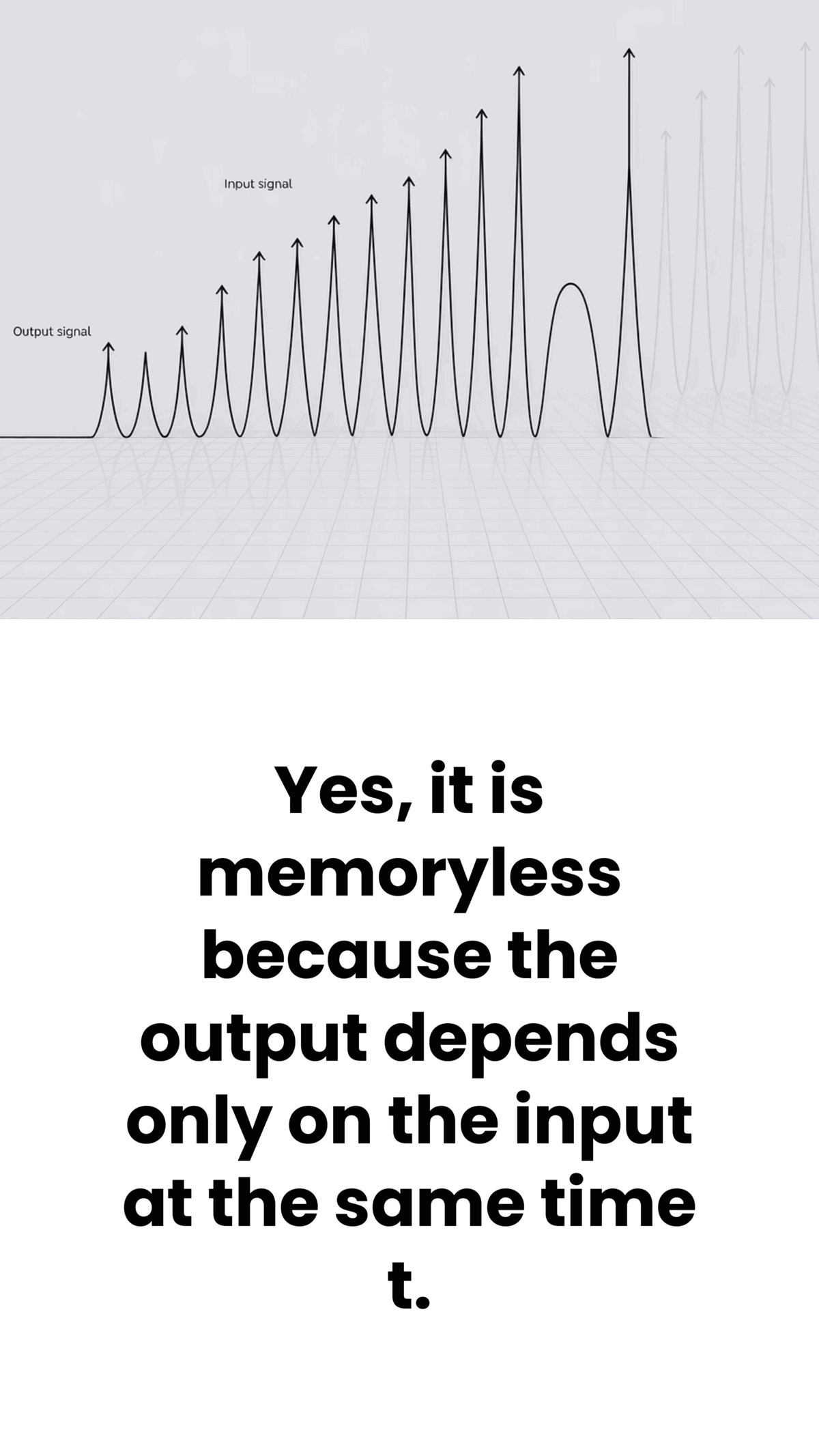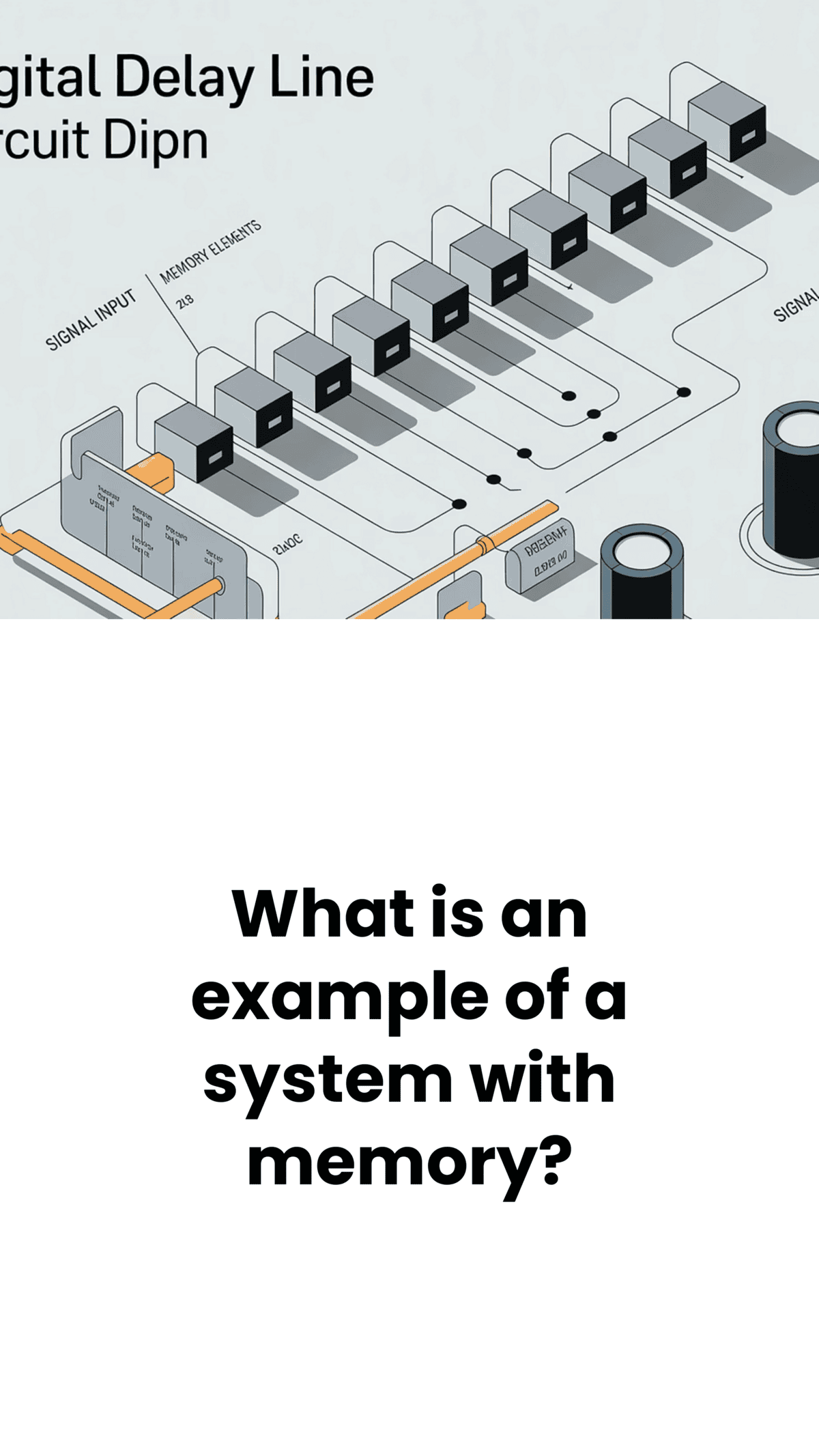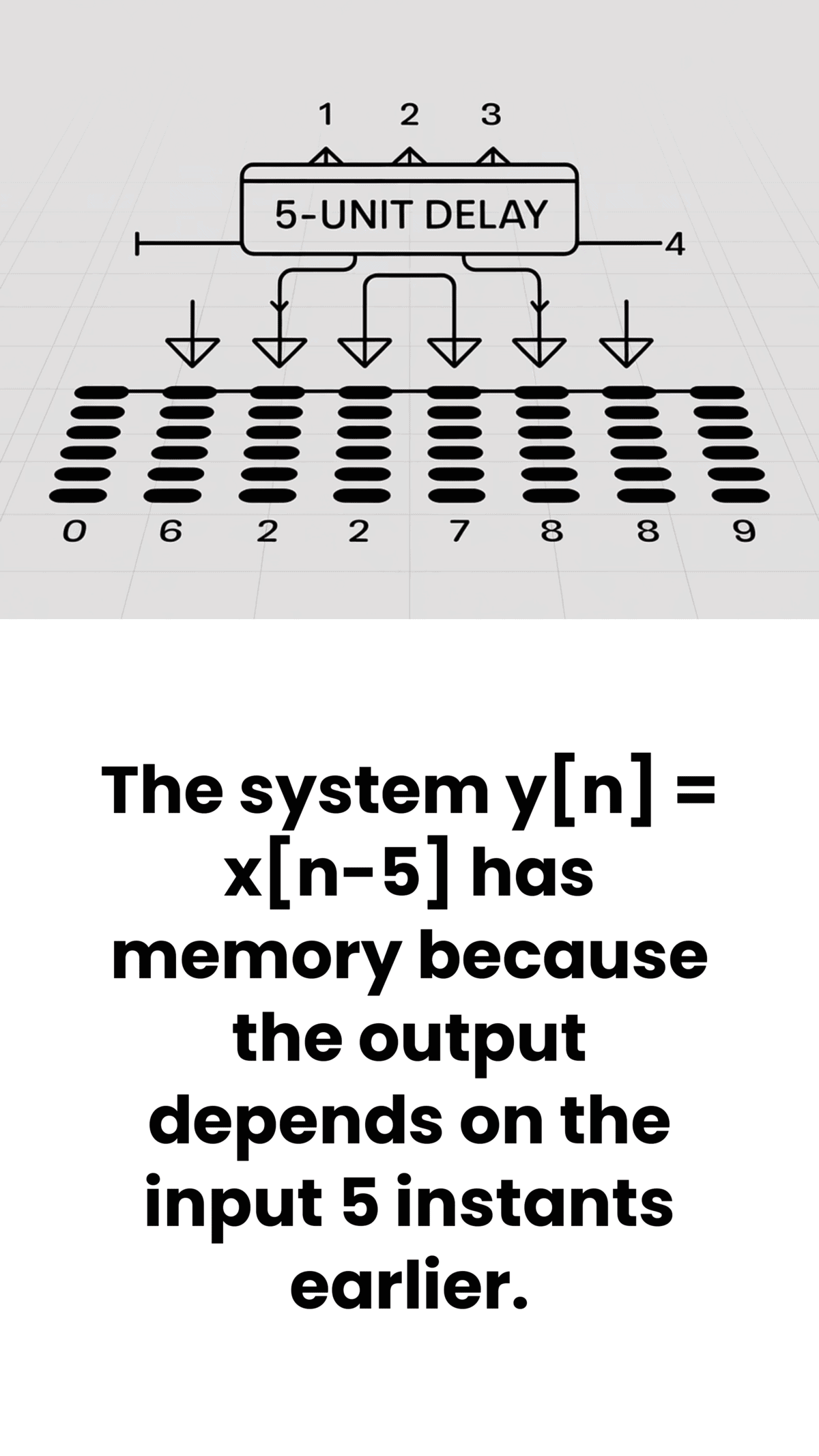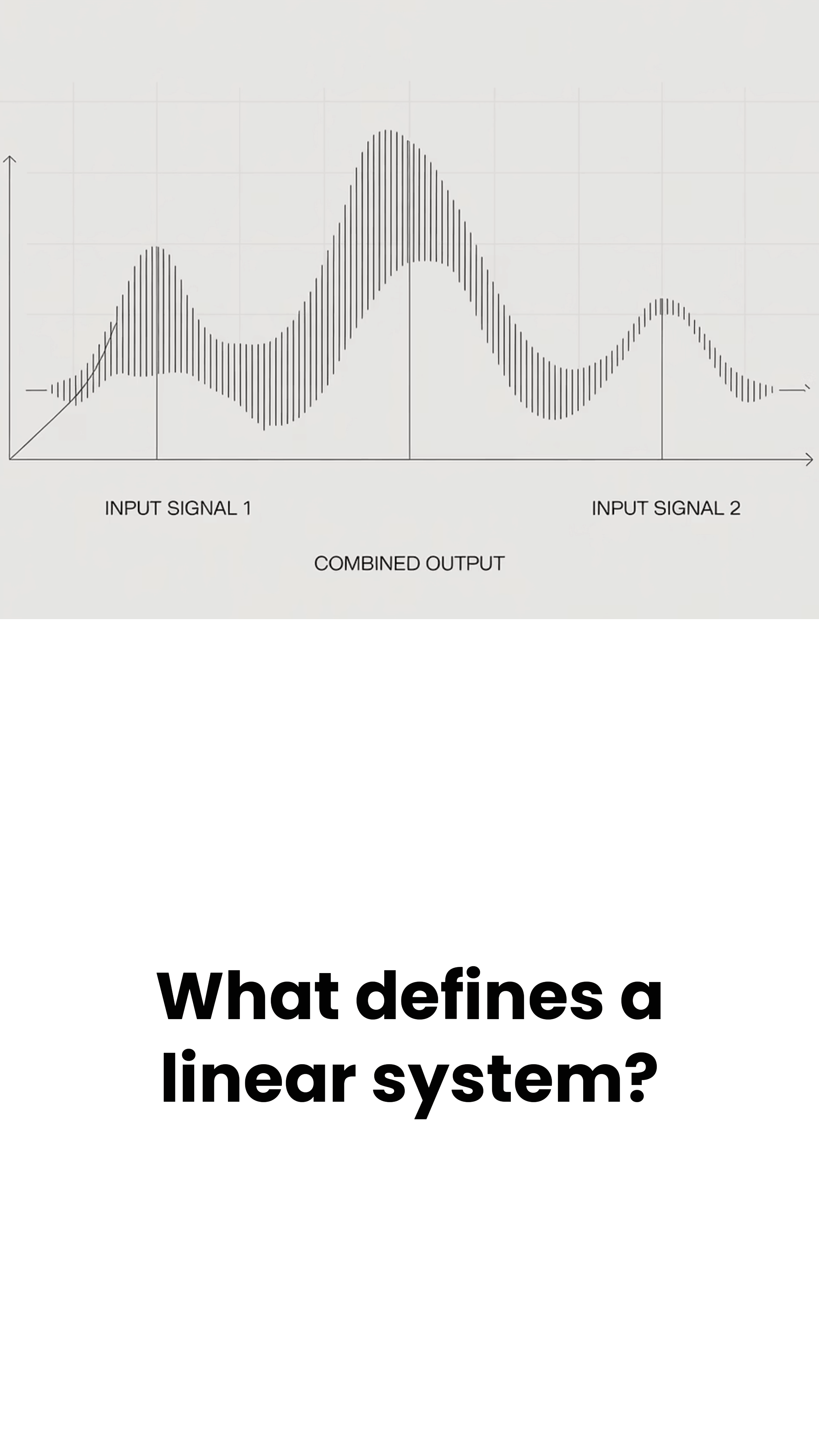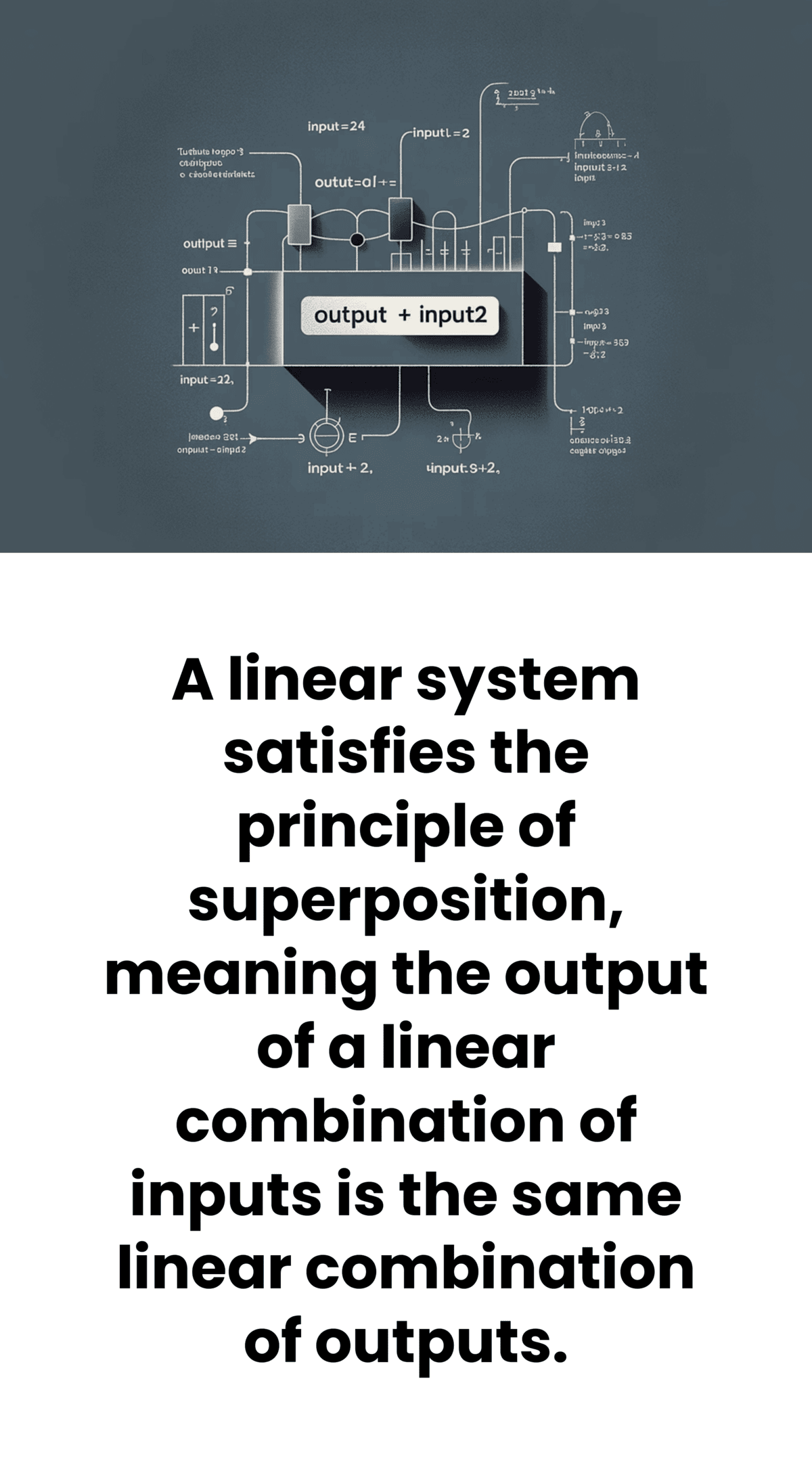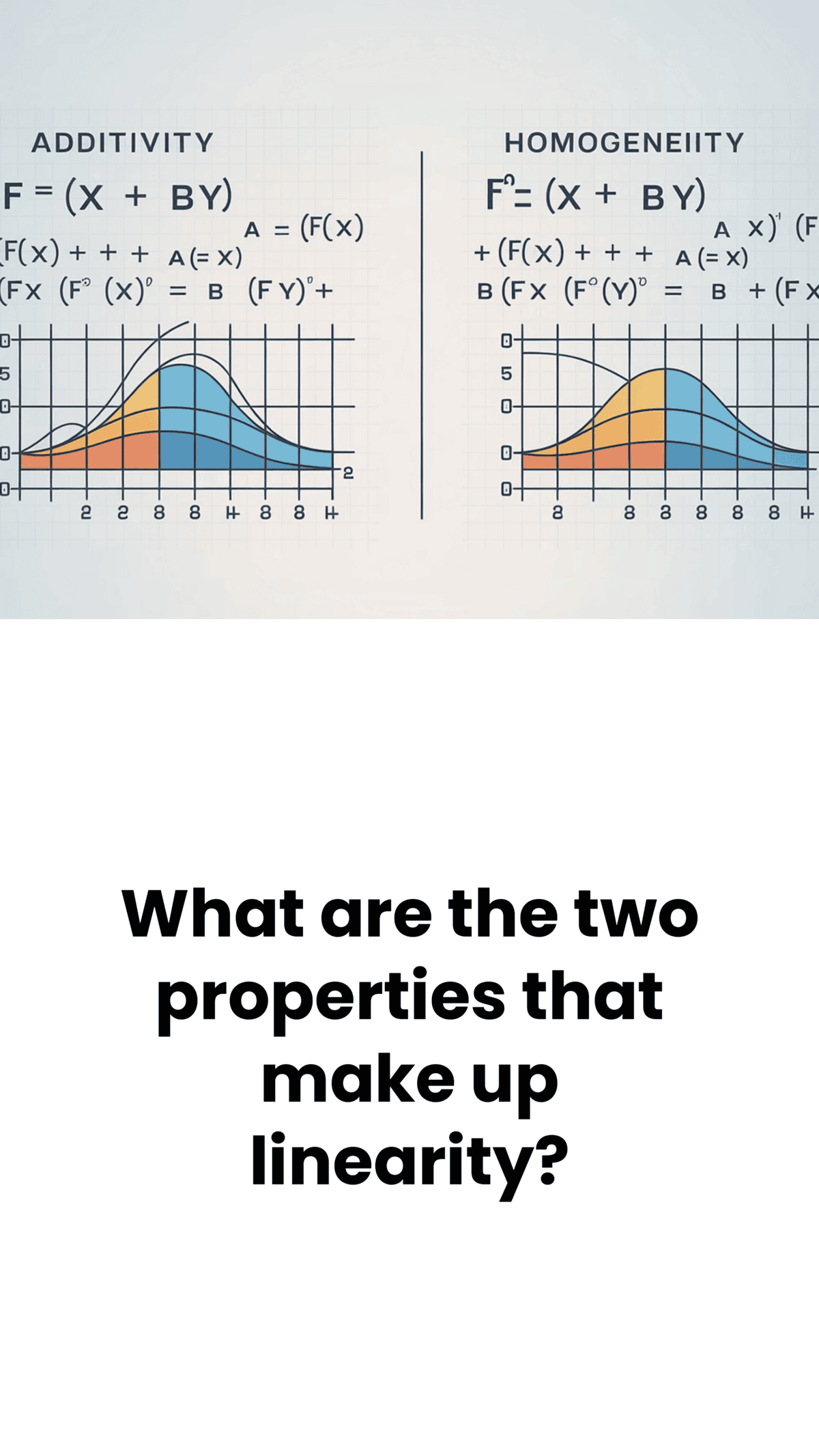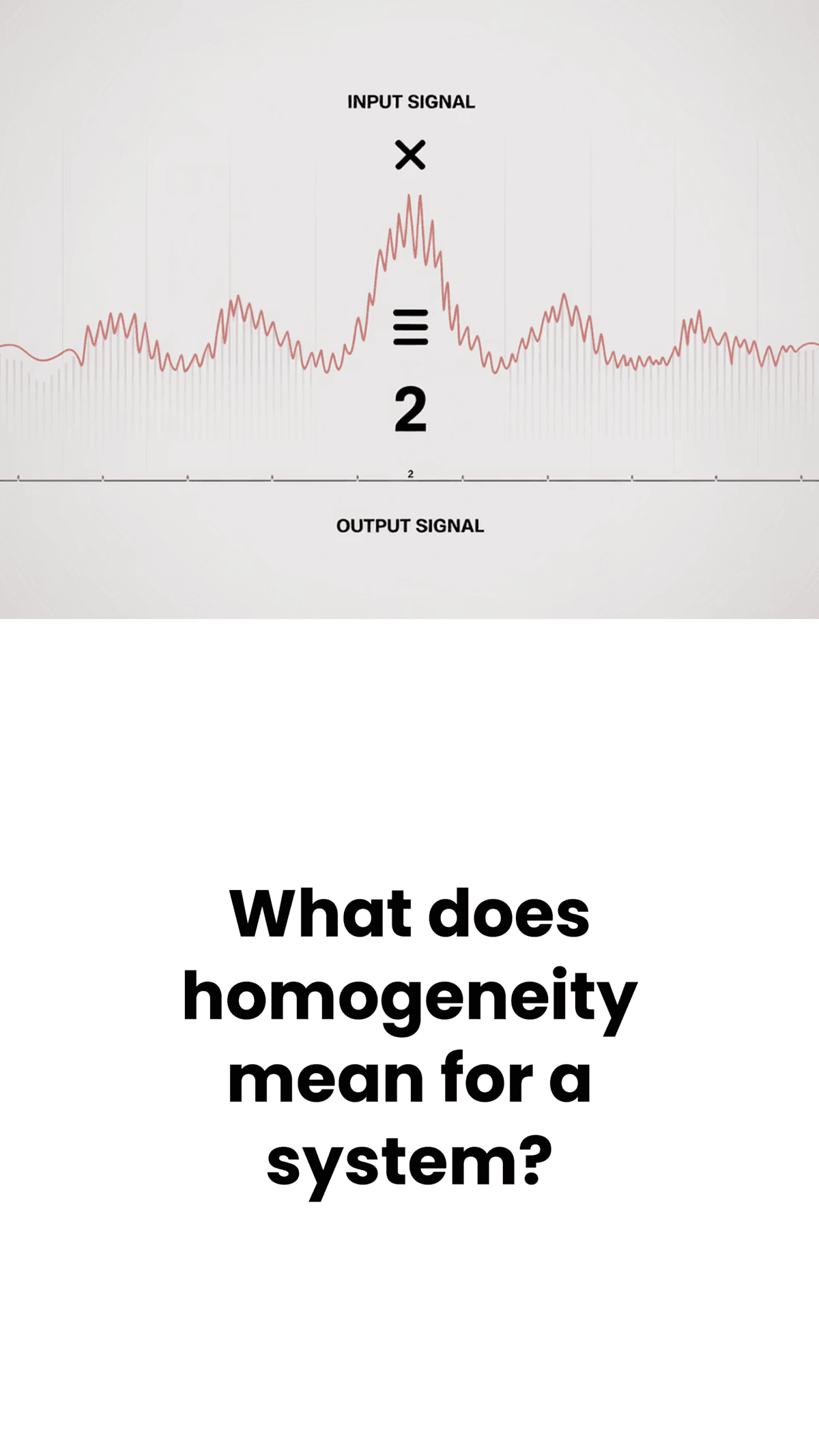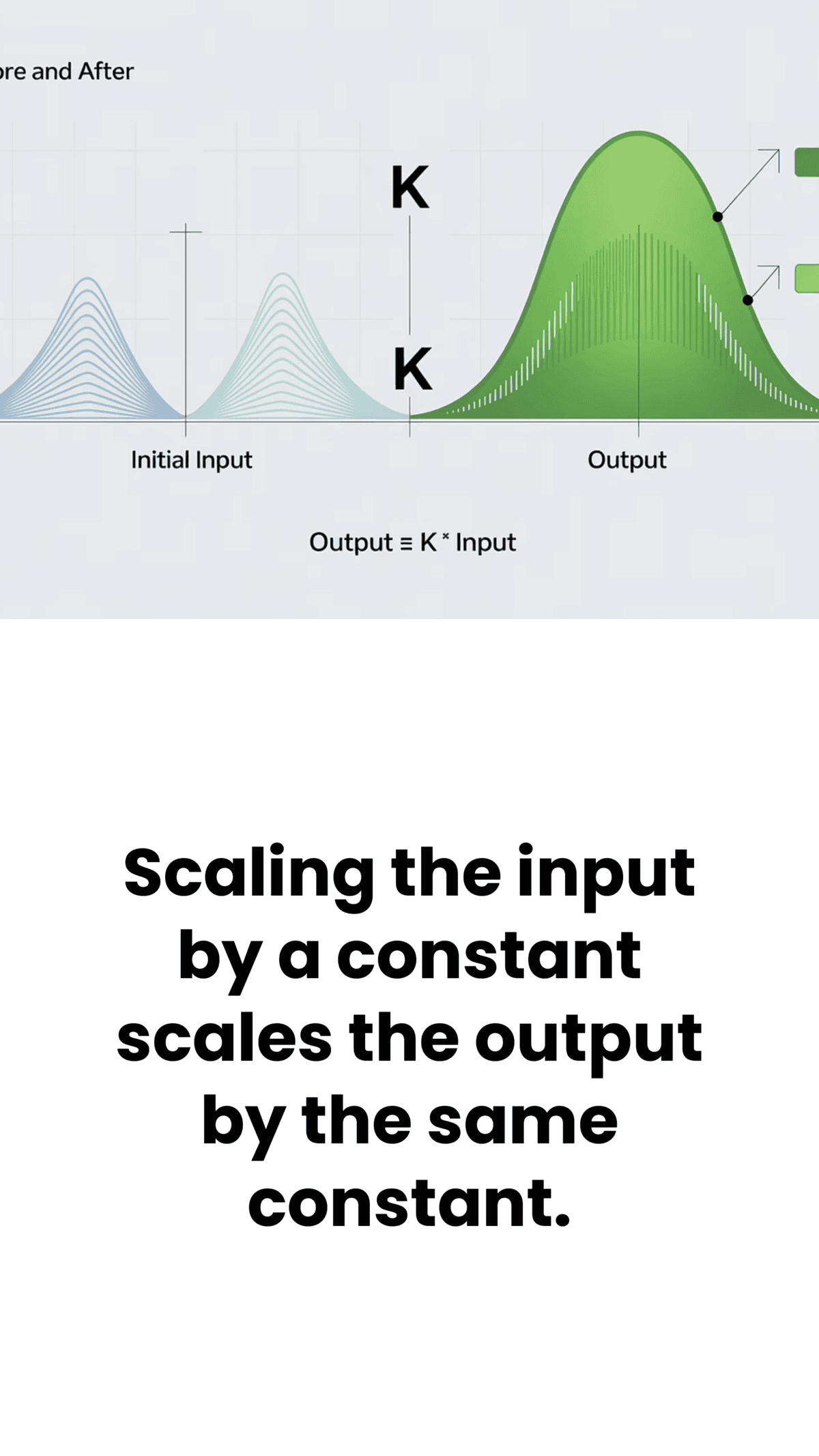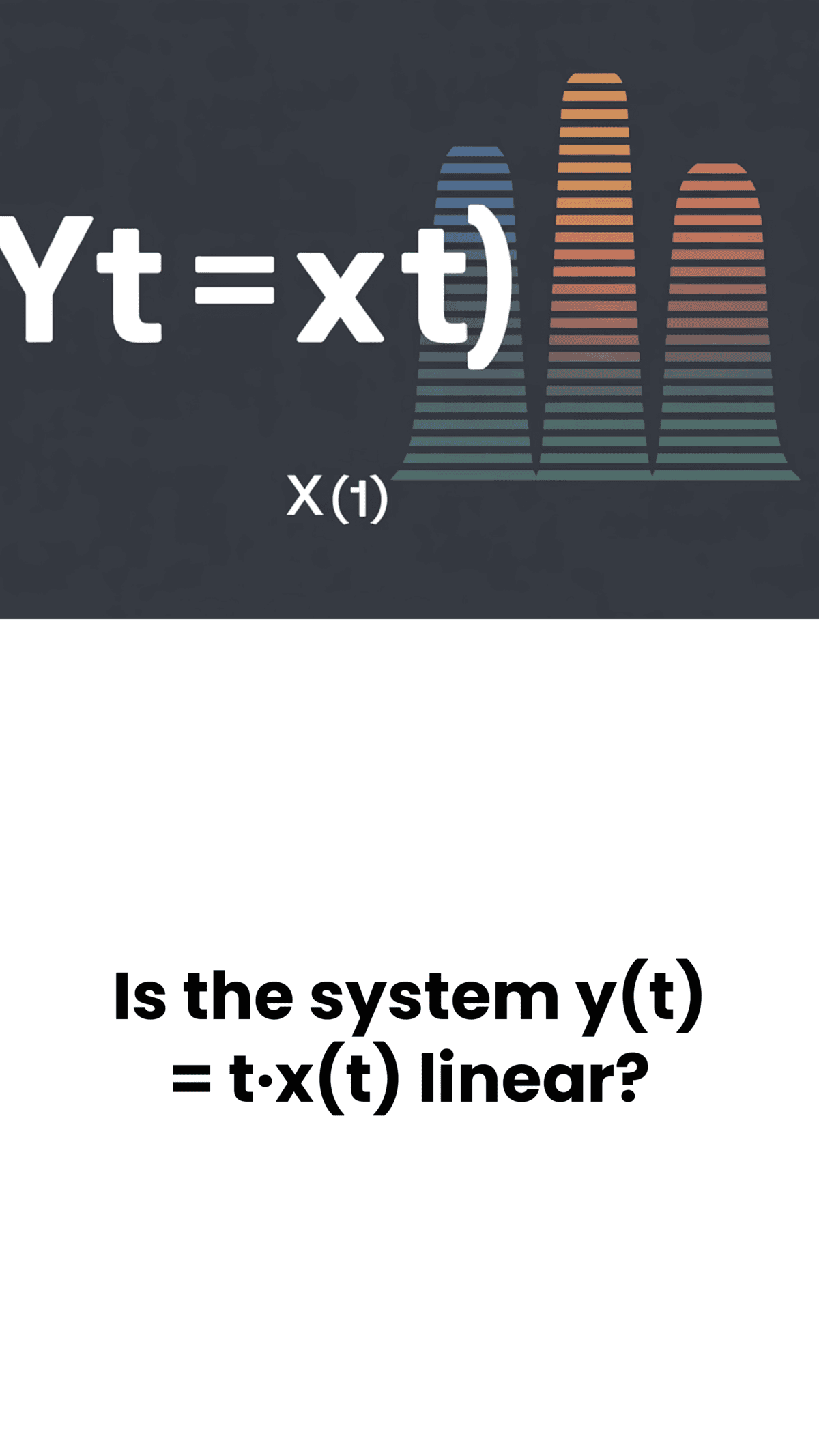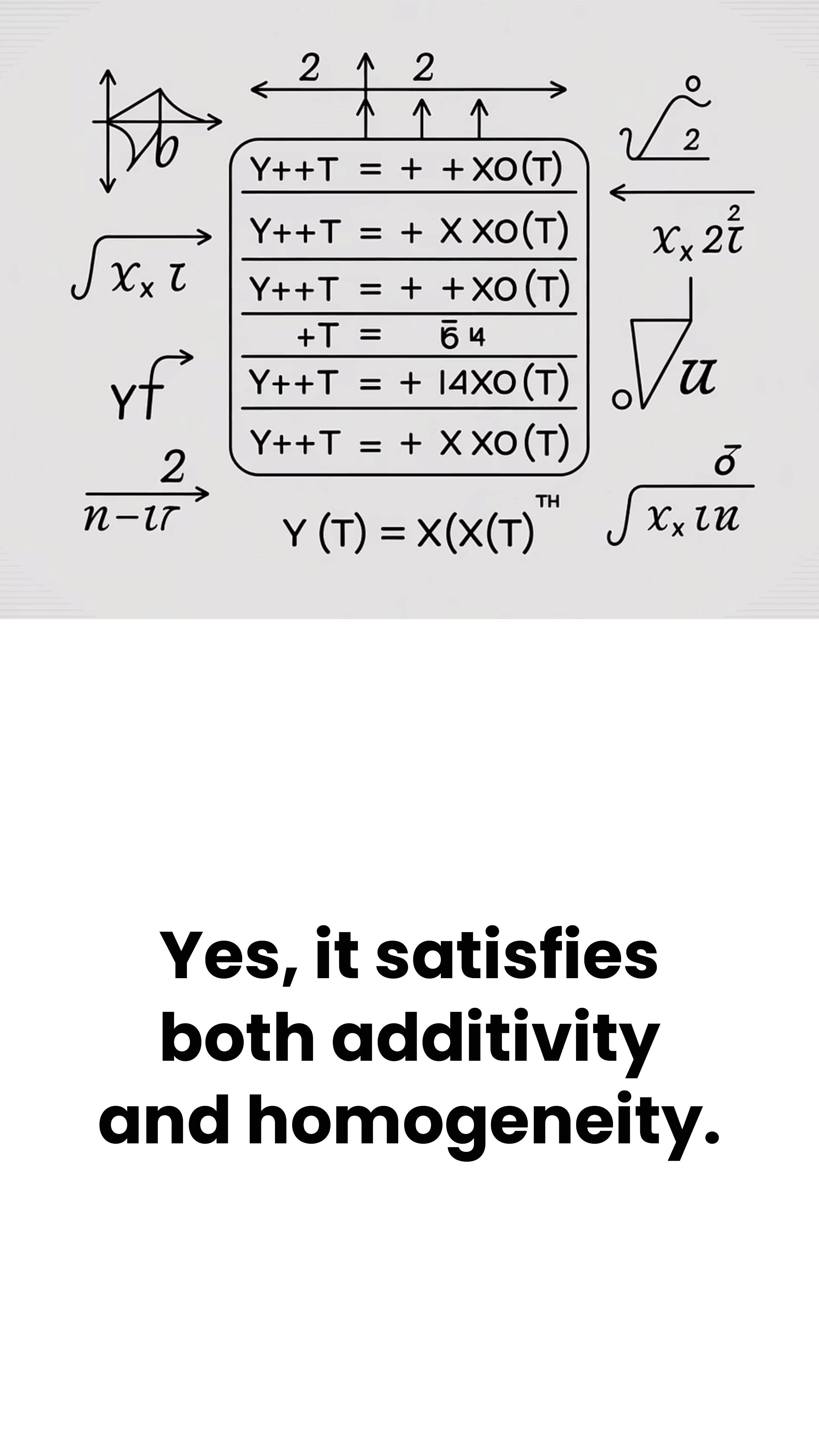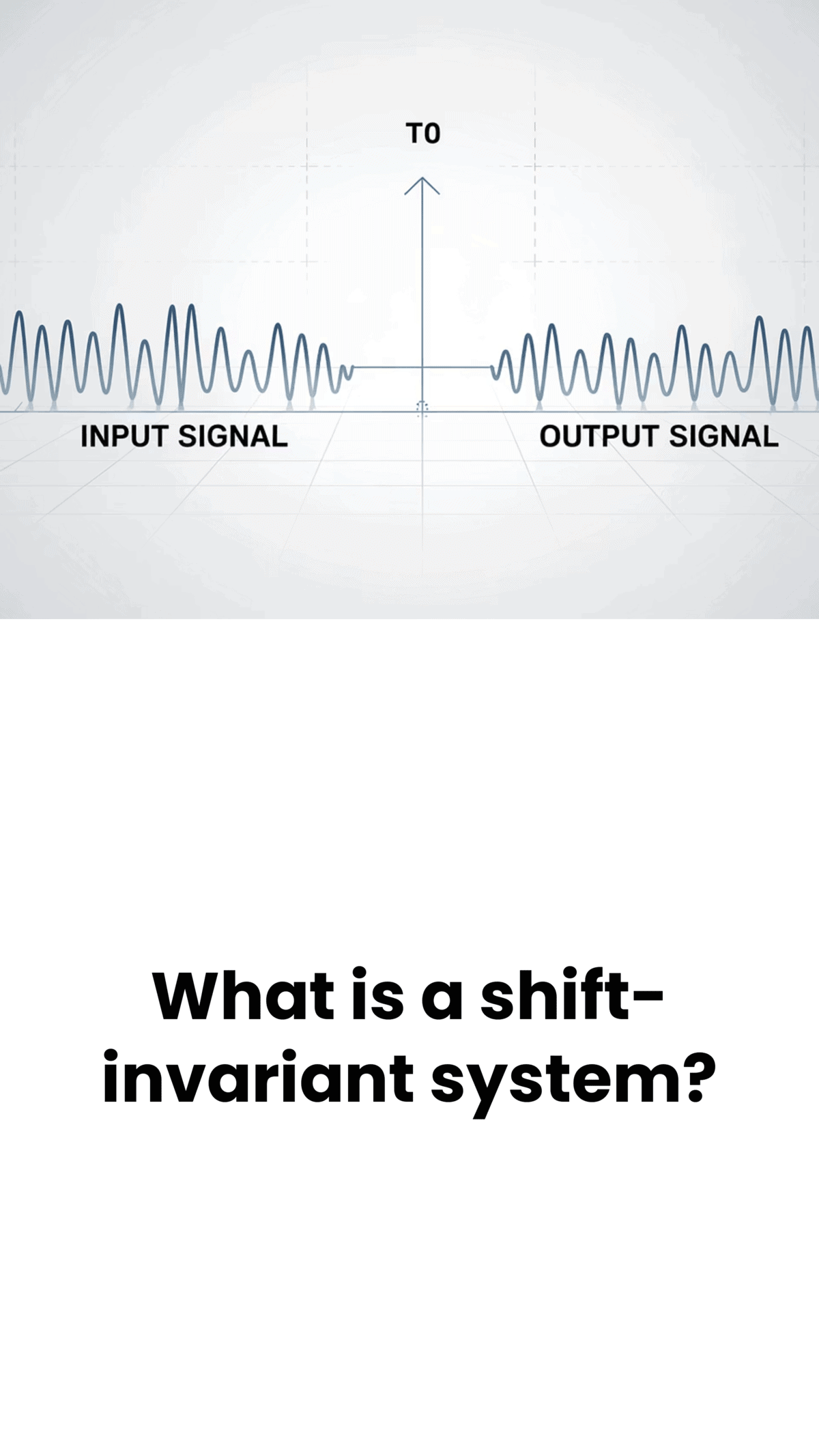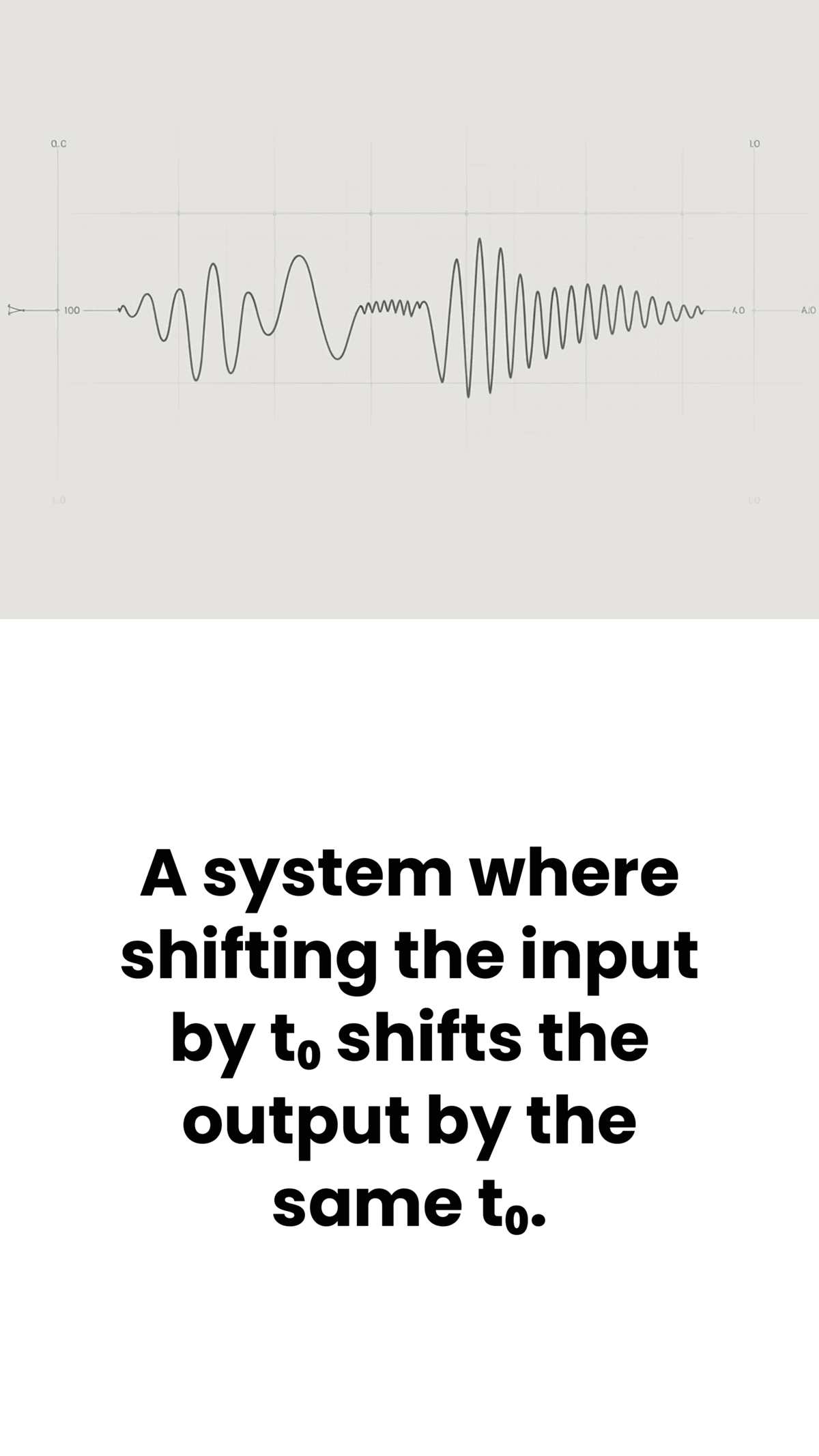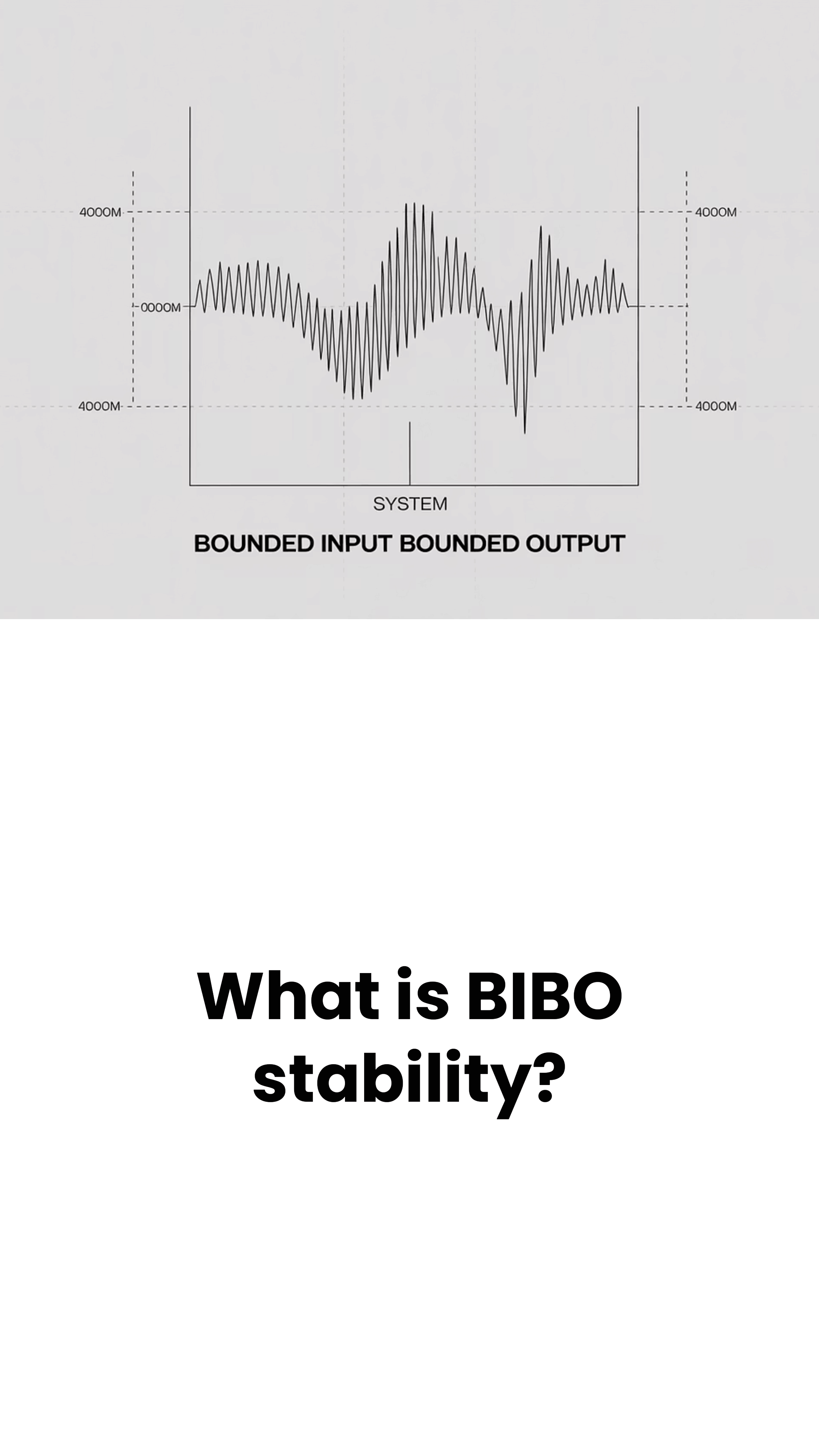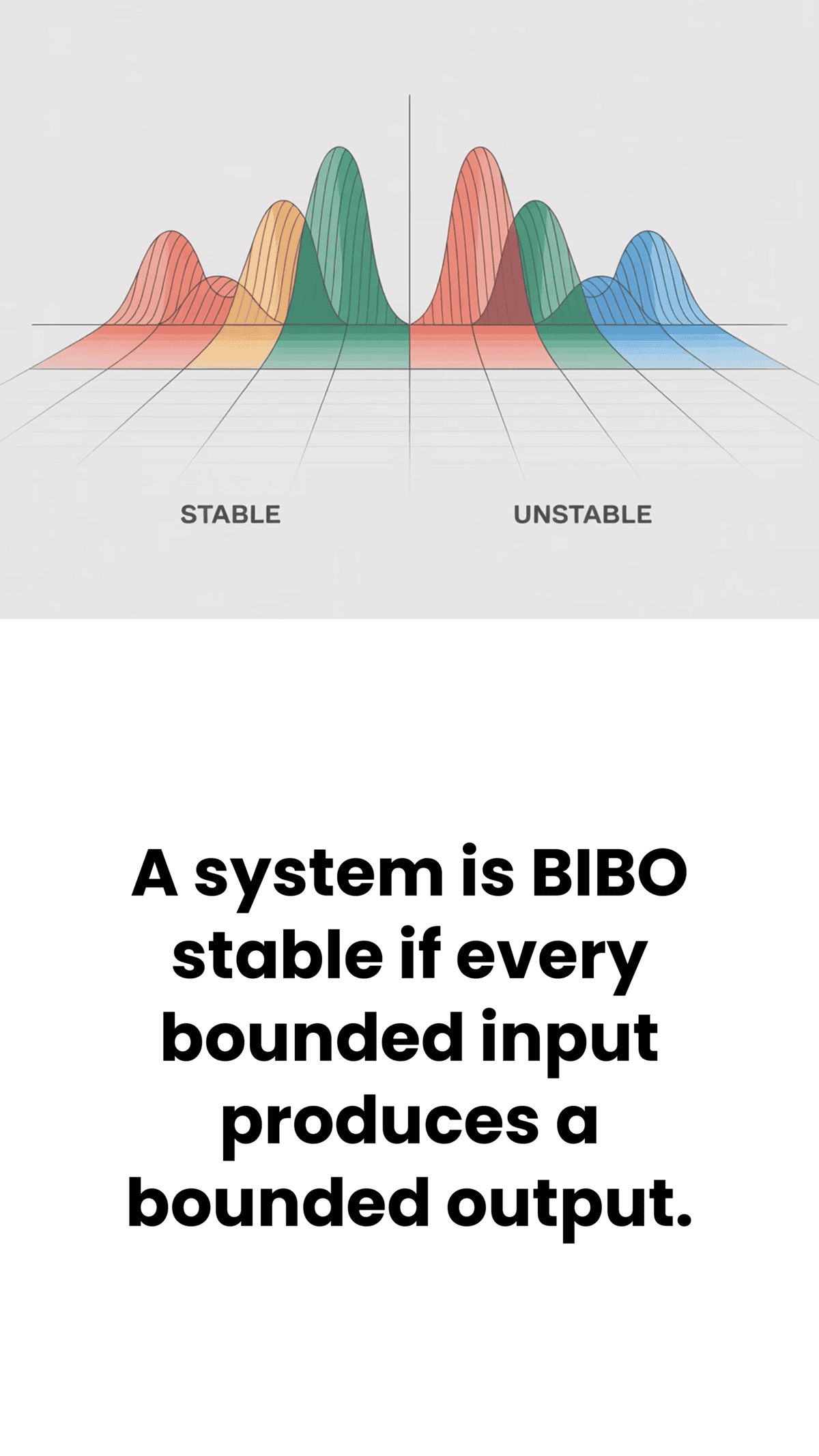 Unlock all Flashcards with EduRev Infinity Plan Starting from @ ₹99 only
|
Electronics and Communication Engineering (ECE) Exam > Signals and Systems > Flashcards: Introduction to Signals & Systems
|
36 videos|117 docs|63 tests
|
FAQs on Flashcards: Introduction to Signals & Systems Flashcard - Signals and Systems - Electronics and Communication Engineering (ECE)
| 1. What are the basic concepts of signals in electronics and communication engineering? |  |
Ans. In electronics and communication engineering, signals are functions that convey information about the behavior or attributes of a phenomenon. The basic concepts include continuous-time and discrete-time signals, which represent information in analog and digital forms respectively. Signals can be classified based on their characteristics, such as periodic vs. aperiodic, deterministic vs. random, and energy vs. power signals. Understanding these concepts is essential for analyzing and designing communication systems.
| 2. How do systems interact with signals in the context of signals and systems? |  |
Ans. Systems in the context of signals and systems refer to entities that process input signals to produce output signals. These systems can be described using mathematical models that characterize their behavior, such as linear time-invariant (LTI) systems. The interaction between signals and systems involves operations like convolution and transformation, which allow engineers to analyze how input signals are modified by the system to produce output signals. This understanding is crucial for designing efficient communication systems.
| 3. What is the significance of the Fourier Transform in signal processing? |  |
Ans. The Fourier Transform is a mathematical tool that transforms a time-domain signal into its frequency-domain representation. This transformation is significant because it allows engineers to analyze the frequency components of signals, facilitating tasks such as filtering, modulation, and signal compression. The Fourier Transform also plays a critical role in understanding the behavior of systems, as it helps in examining how different frequency components are affected by system characteristics.
| 4. Can you explain the difference between analog and digital signals? |  |
Ans. Analog signals are continuous in both time and amplitude, representing information in a wave-like manner. Examples include sound waves and radio signals. In contrast, digital signals are discrete in time and amplitude, representing information using binary values (0s and 1s). Digital signals are more robust against noise and interference, making them suitable for modern communication systems. The distinction between these two types of signals is fundamental in electronics and communication engineering.
| 5. What are the applications of signals and systems in real-world scenarios? |  |
Ans. Signals and systems have a wide range of applications in real-world scenarios, including telecommunications, audio and video processing, control systems, and biomedical engineering. For example, in telecommunications, they are used to encode and transmit information over various media. In audio processing, systems are employed to enhance sound quality through filtering. Understanding signals and systems is essential for developing innovative solutions in these fields, ensuring efficient communication and data processing.
|
36 videos|117 docs|63 tests
|

|
Explore Courses for Electronics and Communication Engineering (ECE) exam
|

|
Related Searches




